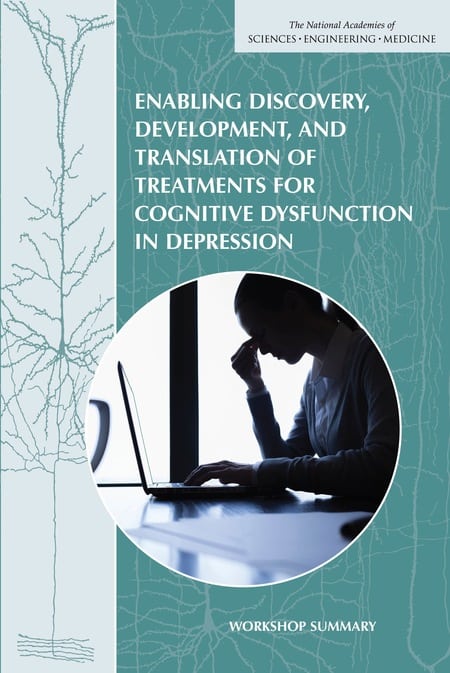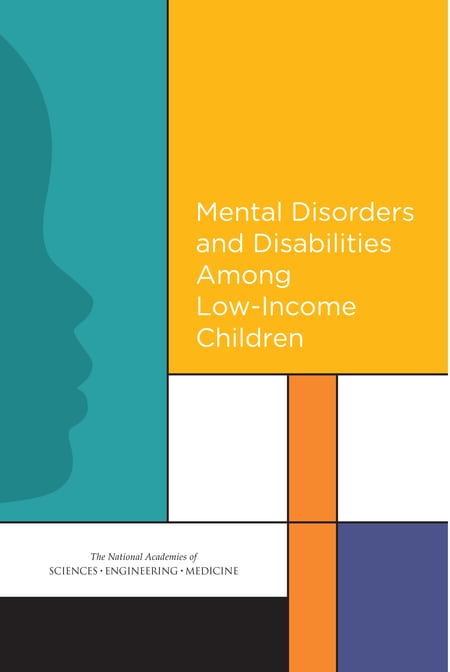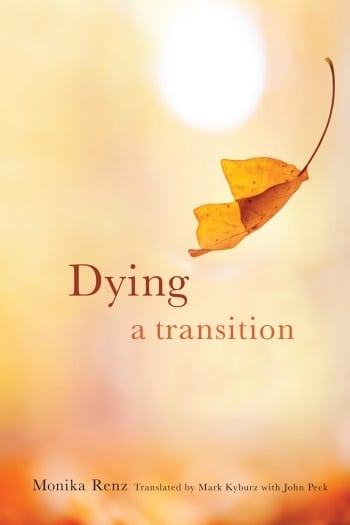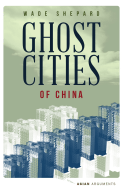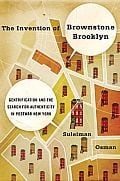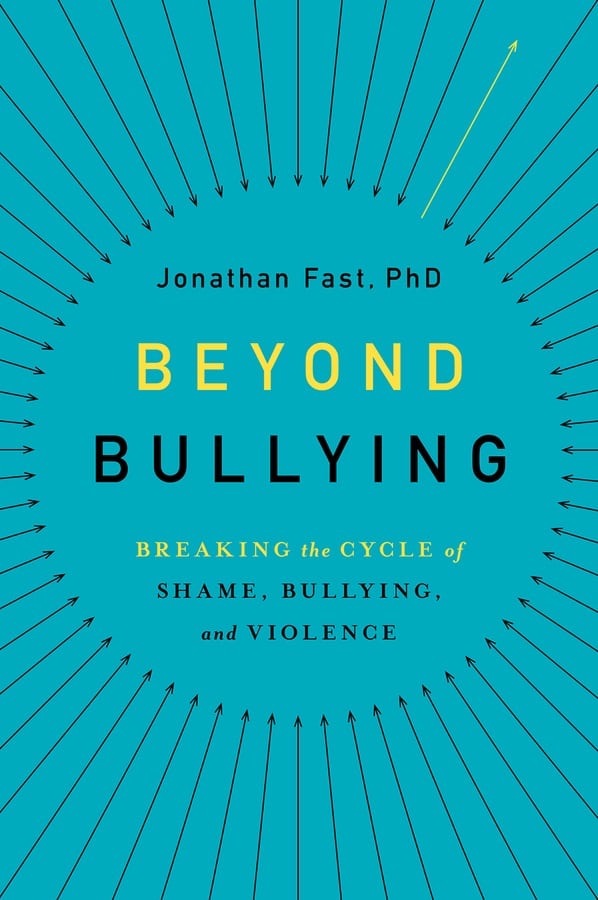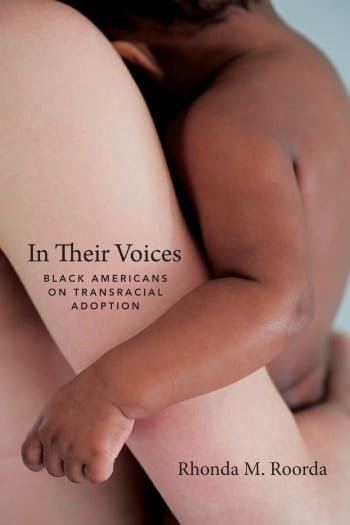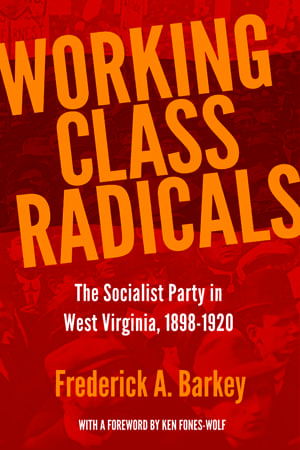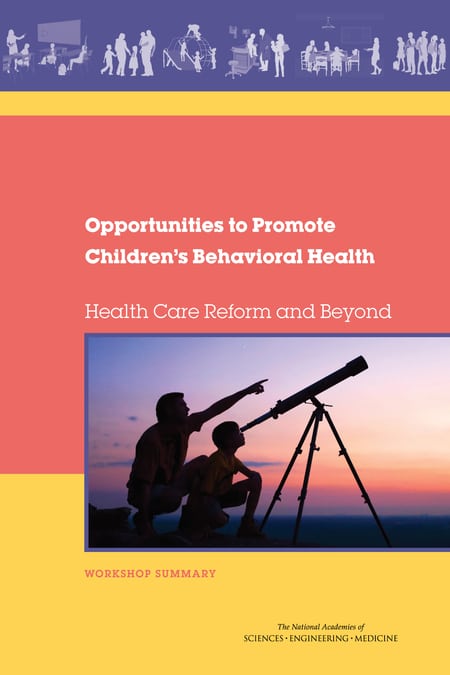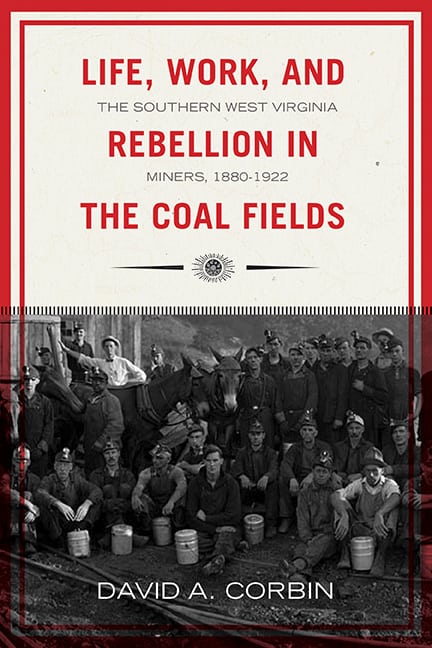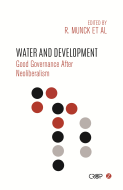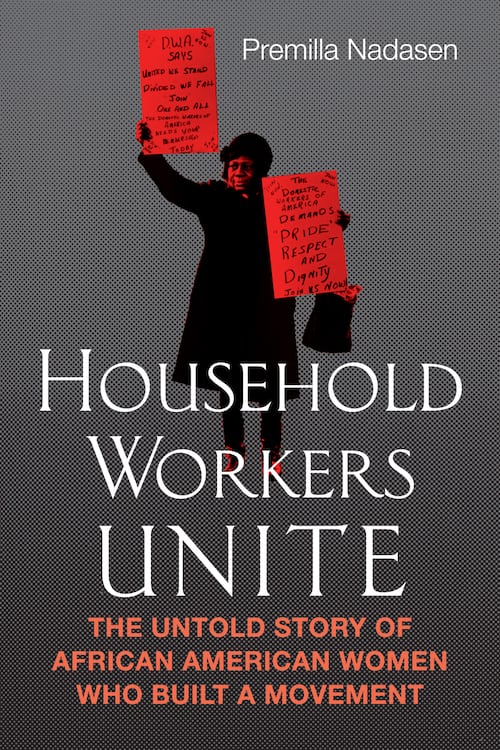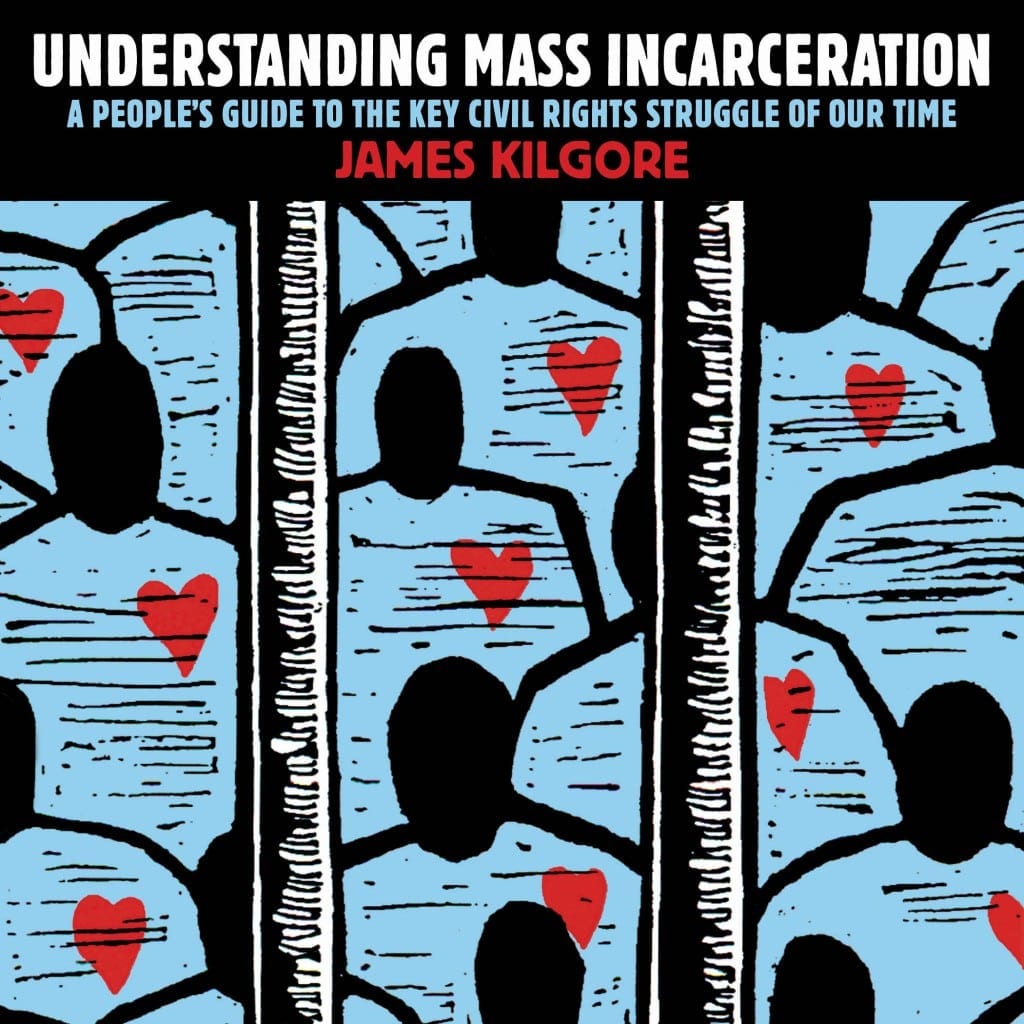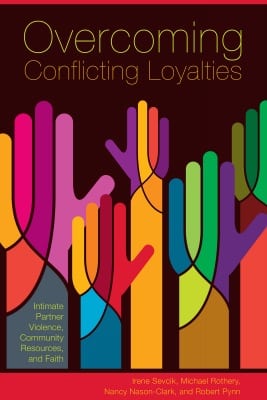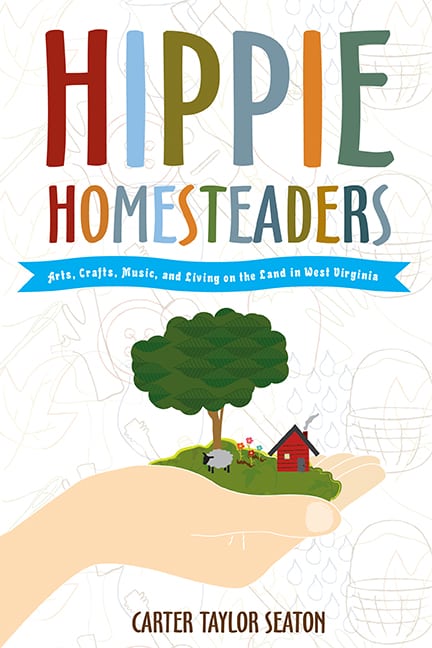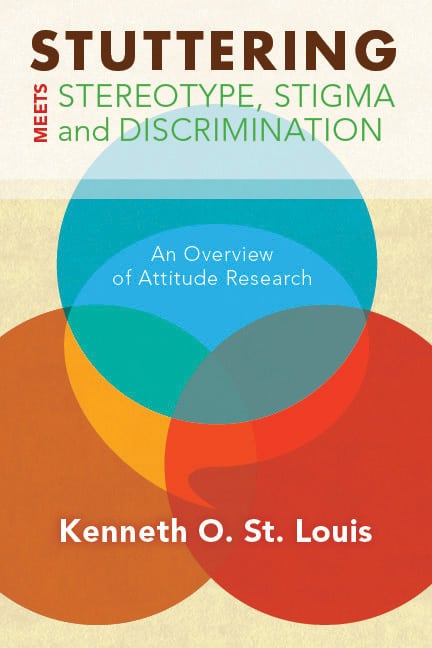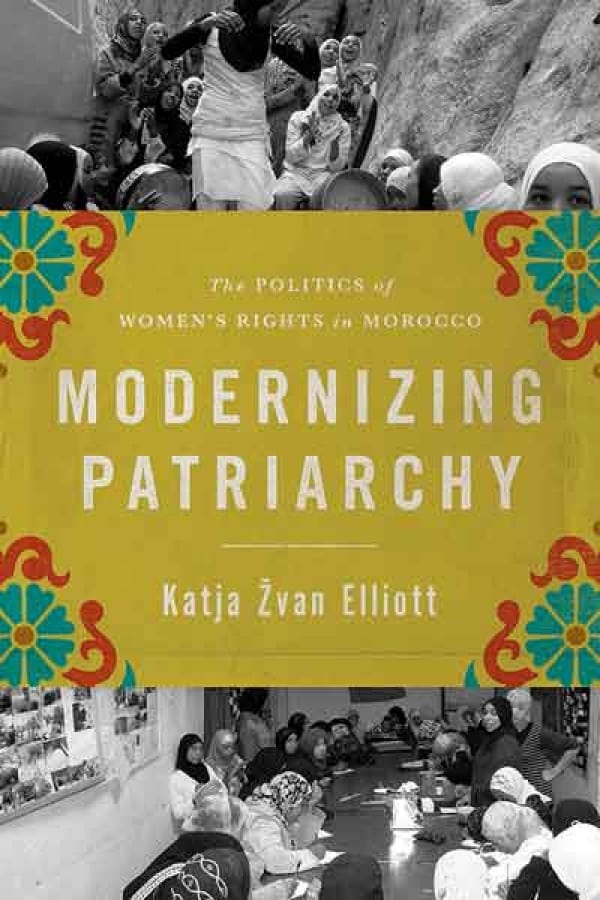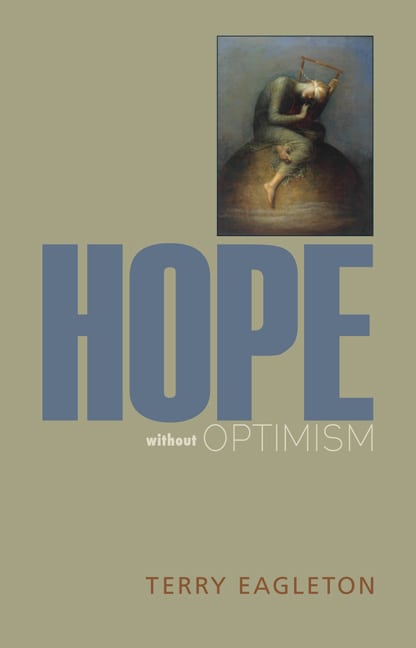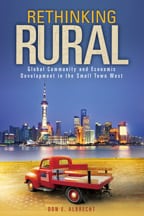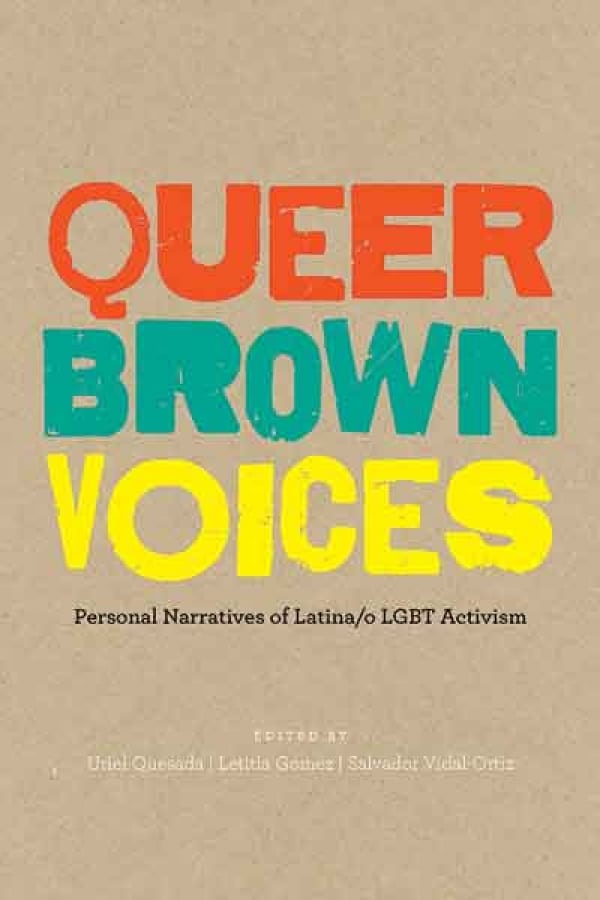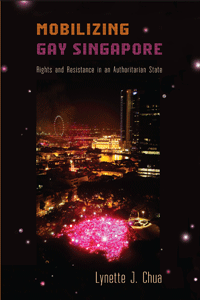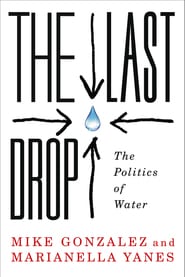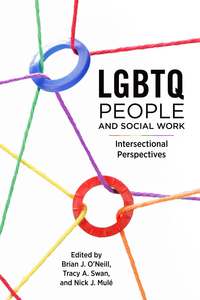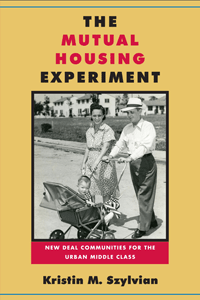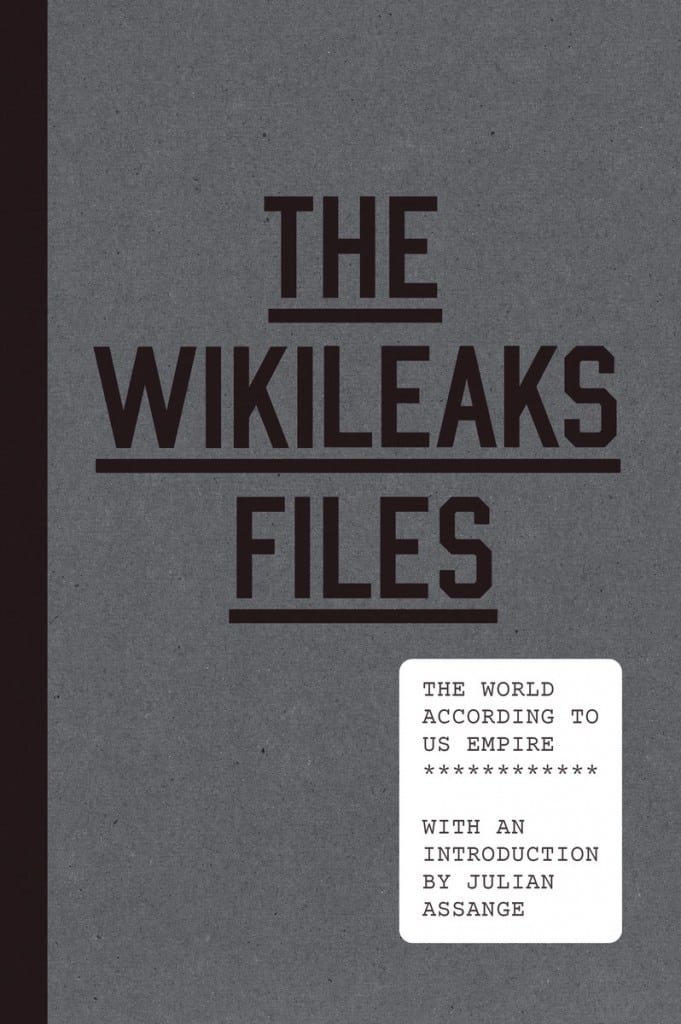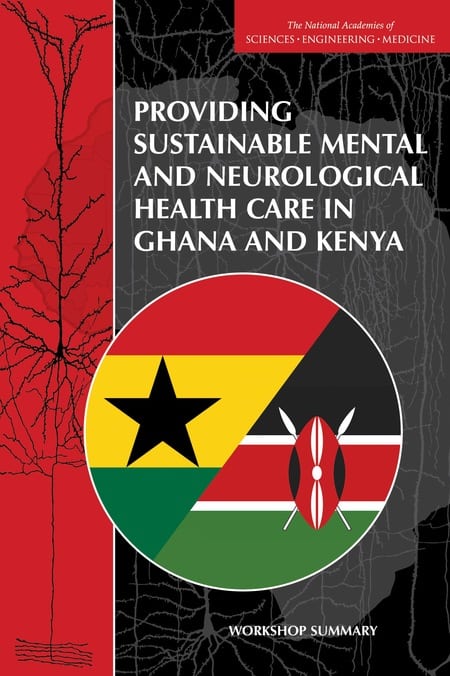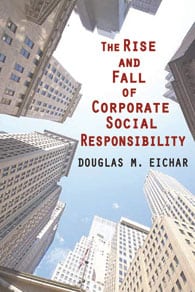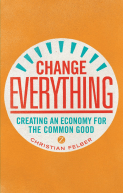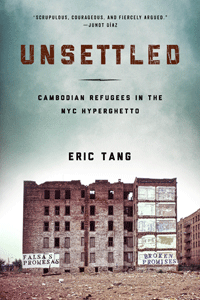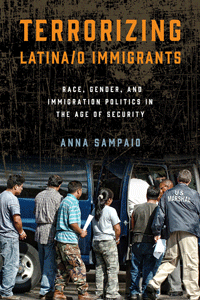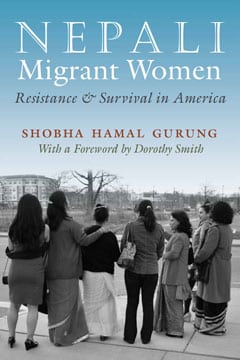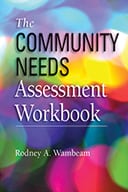Structured Clinical Interview for DSM-5® Personality Disorders (SCID-5-PD)
Mental Disorders and Disabilities Among Low-Income Children
Social Work and the Courts A Casebook, 3rd Edition
Dying: A Transition
They Were Soldiers: How the Wounded Return from America’s Wars: The Untold Story
The European Higher Education Area: Between Critical Reflections and Future Policies
Ghost Cities of China
The 5 Books You Need to Read to Understand Gentrification
The Dangers of Shame
As the American public grapples with a growing awareness of the problem of bullying, both within schools and outside of them, and heated debate about where to lay the blame for school shootings becomes a regular feature of political debates, one especially painful question stands out: Why? What’s behind these acts of violence and rage?
In his new book, Beyond Bullying: Breaking the Cycle of Shame, Bullying, and Violence (Oxford University Press), Dr. Jonathan Fast, Associate Professor at Yeshiva University’s Wurzweiler School of Social Work, sheds light on that question and others that hit close to home.
In Their Voices: Black Americans on Transracial Adoption
Gangs In The Caribbean: Responses of State and Society
Contesting Intersex: The Dubious Diagnosis
Working Class Radicals: The Socialist Party in West Virginia, 1898–1920
Opportunities to Promote Children’s Behavioral Health: Health Care Reform and Beyond: Workshop Summary (2015)
Father Knows Best
Life, Work, and Rebellion in the Coal Fields: The Southern West Virginia Miners, 1880-1922, Second Edition
BRICS: An Anti-Capitalist Critique
Water and Development Good Governance after Neoliberalism
Household Workers Unite: The Untold Story of African American Women Who Built a Movement
Understanding Mass Incarceration: A People’s Guide to the Key Civil Rights Struggle of Our Time
Green Parties, Green Future: From Local Groups to the International Stage
Overcoming Conflicting Loyalties: Intimate Partner Violence, Community Resources, and Faith
Queer Lovers and Hateful Others: Regenerating Violent Times and Places
Motivational Work
MW is a method that has evolved from my work in cooperation with different groups of personnel. According to those personnel that I have met, it differs from MI by being more comprehensive and general. MI is more specific and originates from a non-confrontational psychotherapeutic method (Roger’s client-centred therapy), which is then applied to unmotivated clients.
Hippie Homesteaders: Arts, Crafts, Music, and Living on the Land in West Virginia
Stuttering Meets Stereotype, Stigma, and Discrimination: An Overview of Attitude Research
Modernizing Patriarchy: The Politics of Women’s Rights in Morocco
Hope without Optimism
Rethinking Rural: Global Community and Economic Development in the Small Town West
Queer Brown Voices: Personal Narratives of Latina/o LGBT Activism
Detached America: Building Houses in Postwar Suburbia
Mobilizing Gay Singapore: Rights and Resistance in an Authoritarian State
The Last Drop: The Politics of Water
LGBTQ People and Social Work: Intersectional Perspectives
The Mutual Housing Experiment: New Deal Communities for the Urban Middle Class
The WikiLeaks Files: The World According to US Empire
Providing Sustainable Mental and Neurological Health Care in Ghana and Kenya
The Rise and Fall of Corporate Responsibility
Eichar contends that as governmental and union threats to managerial prerogatives withered toward the century’s end, so did corporate social responsibility. Today, with shareholder value as their beacon, large corporations have shred their social contract with their employees, decimated unions, avoided taxes, and engaged in all manner of risky practices and corrupt politics.
Change Everything: Creating an Economy for the Common Good
Unsettled: Cambodian Refugees in the New York City Hyperghetto
After surviving the Khmer Rouge genocide, followed by years of confinement to international refugee camps, as many as 10,000 Southeast Asian refugees arrived in the Bronx during the 1980s and ‘90s. Unsettled chronicles the unfinished odyssey of Bronx Cambodians, closely following one woman and her family for several years as they survive yet resist their literal insertion into concentrated Bronx poverty.
The Ward
The book tells the story of Toronto’s first immigrant neighbourhood of Irish, Jewish, Italian, African American and Chinese newcomers. Considered a slum by the city, it was bulldozed in the late 1950s to make room for a new city hall and Nathan Phillips Square. Today, few Torontonians know of its existence. Contributors include UT Professor of Social Work David Hulchanski who has written extensively about a polarized Toronto with increasing income disparity.
Mad Science: Psychiatric Coercion, Diagnosis, and Drugs
Mad Science argues that the fundamental claims of modern American psychiatry are based on misconceived, flawed, and distorted science. The authors address multiple paradoxes in American mental health research, including the remaking of coercion into scientific psychiatric treatment, the adoption of an unscientific diagnostic system that controls the distribution of services, and how drug treatments have failed to improve the mental health outcome.
Terrorizing Latina/o Immigrants: Race, Gender, and Immigration Politics in the Age of Security
Sampaio provides a sustained and systematic examination of policy and enforcement shifts impacting Latinas/os. Her book concludes with an examination of immigration reform under the Obama administration, contrasting the promise of hope and change with the reality of increased detentions, deportations, and continued marginalization.
